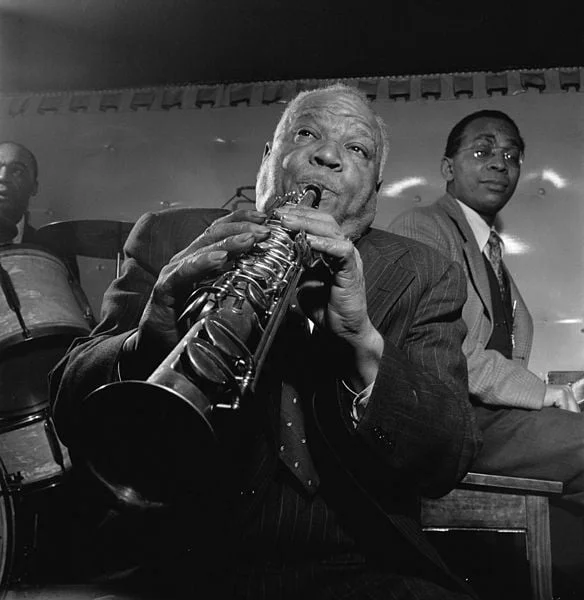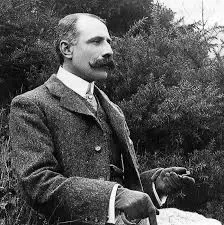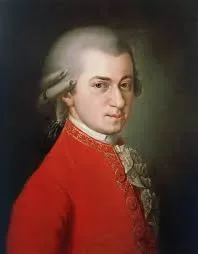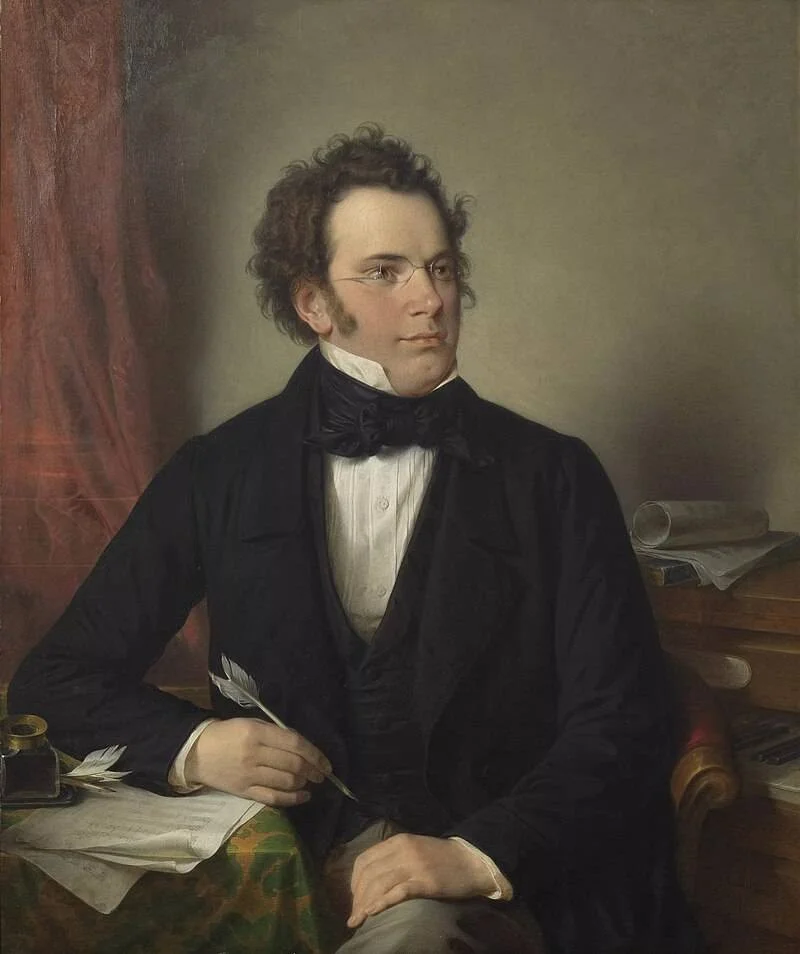Real Celebrities Never Die!
OR
Search For Past Celebrities Whose Birthday You Share

source:wikipedia.org
Sidney Bechet
Birthday:
14 May, 1897
Date of Death:
14 May, 1959
Cause of death:
Lung cancer
Nationality:
American
Famous As:
Music composer
Age at the time of death:
62
Sidney Bechet's Quote's
Introduction to Sidney Bechet
Sidney Bechet was born on May 14, 1897, in New Orleans, Louisiana. Coming from a Creole family, he was exposed to music at an early age. Bechet was initially drawn to the clarinet but later switched to the soprano saxophone, which became his signature instrument. His exceptional talent and fiery playing style quickly gained attention.
Early Musical Beginnings
During his early years, Bechet performed in various New Orleans jazz bands and honed his skills alongside notable musicians like Louis Armstrong and Jelly Roll Morton. He stood out for his emotive and powerful playing, incorporating elements of the blues and a unique vibrato technique.
Journey to Europe
In 1919, Sidney Bechet joined a traveling show, which took him to Europe. This marked the beginning of his international career. Bechet’s captivating performances and innovative improvisations were well-received by European audiences, and he became a beloved figure in the jazz scene.
Career Flourishes in the 1920s and 1930s
Bechet’s professional career continued to flourish throughout the 1920s and 1930s. He recorded numerous influential jazz compositions, showcasing his virtuosity on the soprano saxophone. Notable recordings from this period include “Summertime” and “Blues of Bechet.”
Collaborations with Jazz Greats
Alongside his solo work, Sidney Bechet collaborated with renowned musicians, such as Duke Ellington and Mezz Mezzrow. He played with different bands, including the New Orleans Feetwarmers and Noble Sissle’s Orchestra. Bechet’s musical versatility and inventive improvisations ensured his prominence in the jazz world.
Relocation to France
In the later part of his career, Bechet moved to France and settled there, as he felt his music was more appreciated by European audiences. This decision marked a significant chapter in his life, where he continued to perform and record prolifically.
Personal Struggles and Dedication to Music
Despite his success, Bechet faced personal struggles and occasionally encountered conflicts with other musicians. However, his dedication to music remained unwavering. He continued to perform and record, influencing a new generation of jazz musicians.
Legacy and Contributions to Jazz
Bechet’s achievements and contributions to jazz are numerous. He expanded the range and expressive possibilities of the soprano saxophone, inspiring future generations of players. Bechet’s unique style blended diverse influences, including European classical music and African American blues, leaving an indelible mark on the jazz genre.
Passing and Enduring Legacy
Sadly, Sidney Bechet passed away on May 14, 1959, his 62nd birthday. Though his time was limited, his musical legacy lives on through his recordings and the influence he had on other musicians.
Conclusion
In conclusion, Sidney Bechet was a pioneering jazz musician whose contributions and innovations helped shape the genre. His remarkable skills on the soprano saxophone, blended musical influences, and captivating performances continue to inspire jazz musicians to this day. Despite the brevity of this summary, I hope it provides you with a glimpse of Bechet’s remarkable life and musical legacy.
Name:
Sidney Bechet
Popular Name:
Sidney Bechet
Gender:
Male
Cause of Death:
Lung cancer
Spouse:
Place of Birth:
New Orleans, Louisiana, United States
Place of Death:
Garches, France
Occupation / Profession:
Personality Type
Protagonist: Charismatic and inspiring leaders able to mesmerize their listeners. He was able to influence masses with his music.
Bechet became particularly associated with the soprano saxophone, an instrument that he helped popularize in jazz. He played it with incredible expressiveness, evoking a wide range of emotions through his playing.
Bechet showed prodigious talent as a musician from a young age. He quickly mastered the clarinet and was performing publicly by the age of 13. His flair for improvisation and melodic creativity became his trademark throughout his career.
In 1919, Ernest Ansermet, a Swiss classical music conductor, wrote a tribute to Bechet, linking Bechet's music with that of Bach.
Big Band and Jazz Hall of Fame, 1983 (Posthumously)
DownBeat magazine Hall of Fame, 1968
French Legion of Honor (1952)



